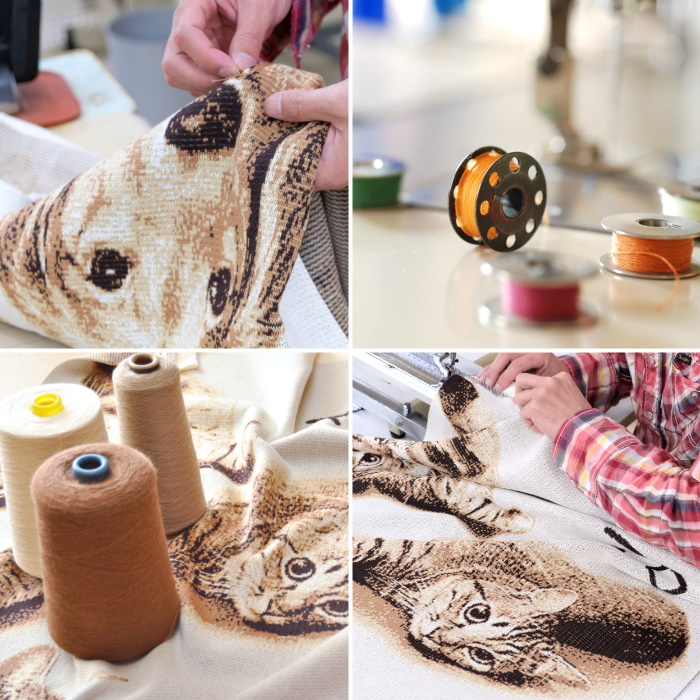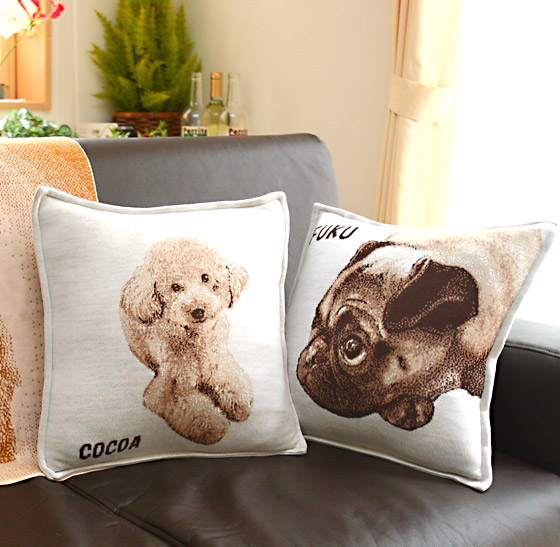It’s not uncommon for people to experience physical symptoms after saying goodbye to a beloved pet.
Temporary health effects—like feeling drained, emotionally numb, or losing motivation—are very common in times of grief.
However, in some cases, the impact can last longer. People may begin to feel anxious about the future, and for older individuals, the loss may even lead to a noticeable decline in physical strength or energy.
When I talk with my customers, I sometimes hear things like:
“My dog loved going on walks.”
“I used to love our walk time the most.”
“Now I hardly have a chance to talk with my neighbors.”
Hearing these words, I’m reminded of just how important those daily walks were—not only for the pets, but also for the owners.
In this article, I’d like to reflect on the significance of daily walks and how they affect both physical and emotional well-being.
We create our products in consultation with our customers.
I listen to my customers’ concerns about losing their pets and knit together memorial items for them.

I write about things I notice in my daily writing (tips for overcoming pet loss) on my blog.
In a previous article, I wrote about going for walks as an idea for overcoming pet loss.
I also suggest to my clients that they should go for walks when they are feeling well.
Poor health due to not walking my dog
When I wrote my previous article, I was only thinking about ways to overcome pet loss, so I had not yet realized the causal relationship between walking a dog and health.
What would happen to a person if their beloved dog dies and they no longer go for their daily walks?
They would have fewer opportunities to leave the house, stop exercising, and talk less with their neighbors, and I thought that these situations might be prolonging the pain of pet loss.

Ordered item: Cushion
Let’s go for a walk
You’ve probably heard many times that going for walks is good for your health.
My older brother, for example, used to have a persistent cough—possibly due to a weak throat. But after walking his dog every day for seven years, his cough eventually disappeared.
If you’ve ever had a dog, you may have experienced something similar.
But now, without your beloved dog, you may feel like you no longer have a reason to go for walks.
In that case, why not create a new reason?
You could treat yourself to a nice pair of walking shoes or comfortable activewear to help get you started.
You might bring a camera along and enjoy taking photos during your walks.
You could invite a friend or family member to join you.
Or simply walk the same paths you once shared with your dog, allowing yourself to revisit those cherished memories.
Connect with People in Your Neighborhood
Having a dog often makes it easier to engage with others.
Even with people you don’t know, it’s easier to exchange greetings, and many will start conversations with you.
On the flip side, speaking to someone who’s out walking their dog can also be a wonderful way to connect.
Try saying hello or even interacting with the dogs you see during your walk.
From my own experience, I can say that spending time with someone else’s dog can be surprisingly comforting and healing.
Remember That You Are Not Alone
Even though your pet is no longer by your side, there are still many people around you who care and want to support you.
Please don’t feel like you’re all alone.
You have neighbors nearby, and even if you live alone, try reaching out to family members or relatives.
Just hearing a familiar voice might lift your spirits—and you might even end up reminiscing about your beloved dog.
As I listen to the stories shared by people like you, I continue to knit each day, creating cushions filled with love and remembrance.


